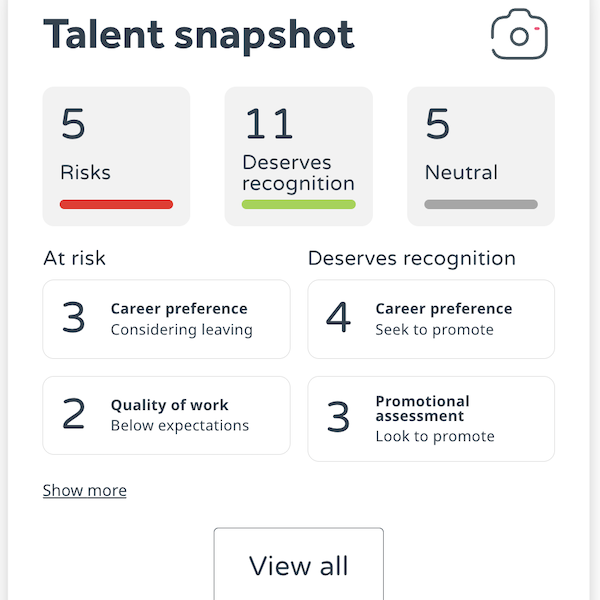It’s a confusing world: employee engagement is linked to management candour, motivation is linked to engagement, remuneration was linked to motivation for several centuries but then it turns out not to be a very reliable motivator after all. Performance is – sometimes – linked to motivation and engagement to performance. And now we’ve gone round on a circle and I’m beginning to don’t know where I are, as H. L. Mencken put it. (I think it was Mencken – please put me right if not).
To make matters worse, none of these supposedly interrelated quantities have universally shared definitions. And yet managers all over the world pursue them in the hope of Making Things Better. In fact, there’s only one thing that will make anything better: better leadership skills. Anyway, back at the merry-go-round of relationships between un-quantifiables, Victor Lipman has just made the point, in a Forbes post, that a very good way to achieve more motivated employees is to offer them ample opportunities for growth.
Lipman suggests there are four areas where growth could benefit an employee’s motivation: financial growth, career growth, professional growth and personal growth. Financial growth is the only problem here because, as is now well-rehearsed, it can have paradoxical or even toxic effects on motivation, once a certain level of remuneration is reached. See this paper by Ryan and Deci for a review of why increased salary won’t necessarily raise motivation or performance – and may end up costing the employer twice.
The other areas – career, professional and personal growth, are free to the employee who wants them and the employer who will develop the leadership skills to facilitate them. They’re not hard to understand – in fact they’re not really even different from each other, because all these aspects of job satisfaction map onto the same underlying needs of the human being – that’s why we want them.
So if people want to advance in an organization, improve their skills and knowledge, or feel that they are doing well in some personal sense, that’s not surprising. The only place I have to differ from Lipman is when he assumes that ’emotional’ components of life at work, such as being friends and having a good time, make more of a difference at lower organizational levels than in the C-suite. I suggest the opposite is true, as witness the difficulty very wealthy people can have forming ordinary friendships and enjoying simple pleasures – activities which become more difficult as the availability of cash make intrinsically motivating activities harder to enjoy.
Leaders who want to develop their employees – and themselves – might want to start by looking into what’s going on under the hood. We’ll help you with this – start by downloading our ebook The Missing Manual for Working with Humans. This is the only time a conceptual shift is necessary – once you see the relationship between the underlying human operating system and our ability to perform well at work, development of all kinds becomes easier, making it possible for performance, satisfaction, retention and so on to improve.
Don’t take our word for it – join the companies that have already taken steps to understand what is going on at the human level, freeing up their people to perform better. Try WeThrive now – it’s quick and easy to do, and it’s free for up to five staff. I guarantee it will tell you things you didn’t know about how things are working or not in your company, and when you use that information to transform the difficulties, you’ll know what it’s like to feel your leadership skills move up a notch. Experience personal and professional (and probably career) growth, in fact…

